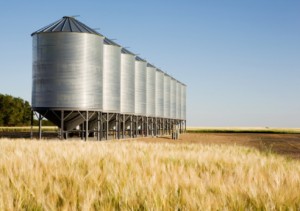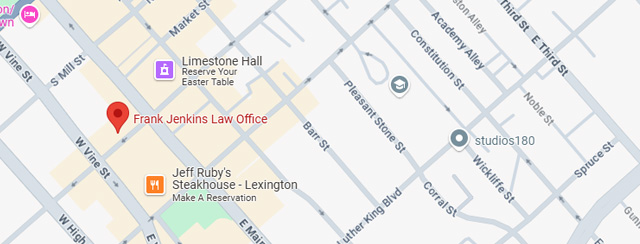 In recent decades, hundreds of agricultural workers have been killed on the job in Kentucky and nationwide by being buried under flowing grain.
In recent decades, hundreds of agricultural workers have been killed on the job in Kentucky and nationwide by being buried under flowing grain.
Sixty seconds is all it takes for a worker in a grain elevator, bin or silo to become submerged and suffocate.
The risk is real in Kentucky, where farmers are expected to harvest 37 million bushels of wheat this year – up 27 percent from 2012, according to the Kentucky Small Grain Growers Association.
Suffocation can occur when a worker becomes buried as they walk on moving grain or attempt to clear grain that has built up on the inside of a bin. Moving grain acts like quicksand and can bury a worker in seconds. Bridged grain and piles of stored grain can also collapse unexpectedly if a worker stands on or near it.
Once a worker becomes trapped, the weight and composition of grain makes it extremely difficult to escape.
In the past 50 years, more than 900 cases of grain engulfment at worksites and family farms have been reported nationwide, according to the U.S. Department of Labor’s Occupational Safety and Health Administration. The fatality rate is a sobering 62 percent.
To bring these numbers down, OSHA has launched a drive – including increased inspections of grain facilities and an educational campaign – to prevent injuries and deaths in grain-handling industries.
“OSHA is working to change the ‘it won’t happen to me’ mindset,” said OSHA Regional Administrator Nick Walters in a news release. “Grain-handling injuries and deaths can be prevented if employers follow proper safety procedures.”
Six Top Hazards of the Grain and Feed Industry
- Engulfment
- Falling
- Auger entanglement
- Being struck
- Combustible-dust explosion
- Electrocution hazard.
Workers who are injured at a farm or grain-handling facility can speak with a Kentucky worker’s compensation attorney to learn about their legal rights.
Sources:













